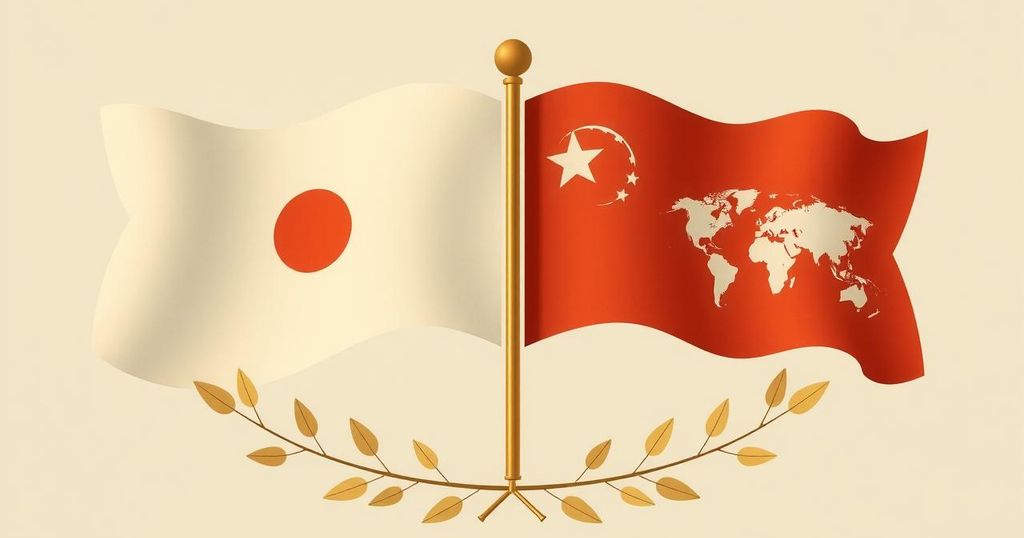US Suspends New Foreign Aid Funding, Exempting Israel and Egypt
The Trump administration has frozen almost all new foreign assistance funding, sparing aid to Israel and Egypt. This freeze endangers vital health programs, including PEPFAR, while raising alarms among humanitarian leaders regarding potential human costs. Notably, the memorandum directs a reassessment of aid commitments over the next three months, potentially altering the landscape of US foreign aid significantly.
The Trump administration has announced a suspension of almost all new funding for foreign assistance programs, with notable exceptions for ally nations Israel and Egypt. This directive, issued by the US State Department, retains some emergency food aid while halting funding for critical health programs, raising concerns among humanitarian organizations regarding its potential impact on global stability and lives. Notably affected is the President’s Emergency Plan for AIDS Relief (PEPFAR), which has been crucial in saving millions of lives since its inception.
Secretary of State Marco Rubio’s accompanying memo instructs officials to refrain from committing new obligations in foreign assistance, signaling a significant shift in US aid strategy. Humanitarian leaders such as Abby Maxman of Oxfam America have condemned the freeze, warning that it contradicts the US’s historical bipartisan approach focused on needs rather than political positions. The freeze is likely to last for at least three months as assessments are conducted on the continuation or modifications of existing programs.
The freeze particularly jeopardizes health initiatives that have received bipartisan support for decades. PEPFAR, established in 2003, stands to lose critical funding, with its extended budget set to expire soon. Furthermore, while Israel and Egypt’s substantive military aid is exempt from the freeze, there appears to be no similar exception for Ukraine, which relies on US military supplies amid ongoing hostilities with Russia.
In the wake of this memorandum, several global aid initiatives are already facing work stoppages. Jeremy Konyndyk, a former USAID official, criticized the freeze, asserting that it could lead to serious consequences for those relying on assistance. This move reflects a notable transformation in the US’s commitment to foreign aid, which accounted for only one percent of federal spending in 2023, yet had significant global implications.
In recent days, the US government has altered its approach to foreign aid, signaling potential ramifications for several health and humanitarian assistance programs worldwide. Traditionally, the United States has been one of the largest contributors to international aid, with substantial funding allocated to a variety of initiatives aimed at addressing health crises, poverty, and global stability. However, the latest directives from the Trump administration mark a pivot away from this commitment, particularly affecting programs that have historically received bipartisan support, such as those under PEPFAR dedicated to combating HIV/AIDS.
The recent suspension of new foreign assistance funding by the Trump administration signals a critical shift in US aid policy, directly affecting crucial health programs while exempting military aid to key allies. The decision has sparked widespread concern among humanitarian organizations and experts, who fear dire consequences for communities reliant on assistance. With significant health initiatives potentially on the chopping block, the lasting impact on global health and humanitarian efforts remains to be seen, especially as more evaluations occur in the coming months.
Original Source: www.aljazeera.com








Post Comment